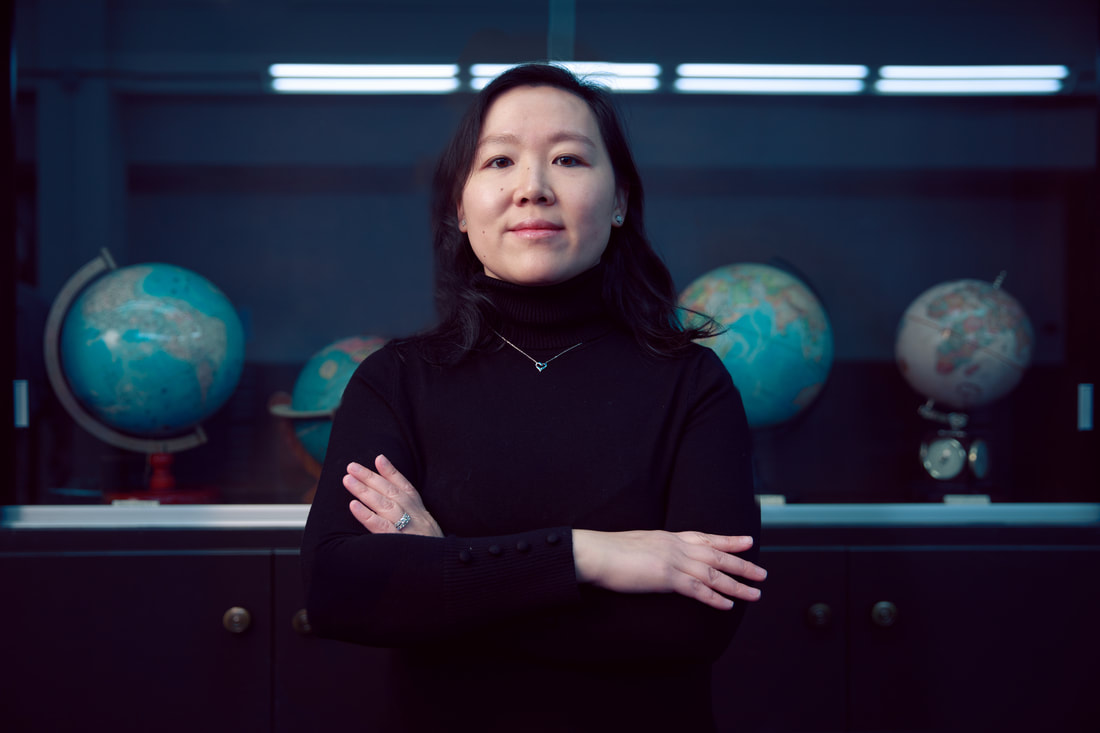|
10/7/2017 1 Comment Reading Yuval Harari's Homo Deus I've finally finished reading Yuval Noah Harari's book: Homo Deus. His visionary account of what may happen to the humanity in the future is built upon his deep understanding of our past. In his last widely acclaimed book Sapiens, Harari lays out three important revolutions in the last 70,000 years that have fundamentally shaped who we are today. These revolutions are: the Cognitive Revolution, the Agricultural Revolution, and the Scientific Revolution. Now that the view organism is algorithm takes root in many minds, where is Artificial Intelligence (AI) taking us next? No one has a crystal ball in their hands to see the future. Harari's reading of history and current affairs informs him of a quite dark future.
In the past couple of centuries, with scientific and technological advances, humanism, attaching life's meaning to individuals' inner feelings and free will, has replaced traditional religions becoming the dominant ideology. With "free will" being fundamentally challenged in the lab by biology, neuroscience, and psychology, one can't but help wonder if there is such a thing as "free will." Like Harari writes, "Next time a thought pops into your mind, stop and ask yourself: 'Why did I think this particular thought? Did I decide a minute ago to think this thought, and only then think it? Or did it just arise, without any direction or permission from me? If I am indeed the master of my thoughts and decisions, can I decide not to think about anything at all for the next sixty seconds?' Try that, and see what happens. " If there is no real "free will," then what are we? The implication is, "we can manipulate and even control their desires using drugs, genetic engineering or direct brain stimulation." Harari's another acute observation of history: consciousness and intelligence have always gone hand in hand until recently. Now with machine/deep learning, artificial neural network and other techniques, AI can do tasks better than humans. Think of the case when IBM Watson beat the human chess champion. A decoupling process of these two is unfolding in front of our eyes. In the foreseeable, we may have self-driving cars to take us anywhere we want to go. We may depend on algorithm to detect any potential medical issues in our bodies. We may use algorithms to figure out for us what the best way to learn a specific subject based on our own natural attributes and learning patterns. Now that intelligence can be independent of consciousness the only thing we can cling to for our uniqueness, the major question then would be: what are we here for? In the past, we have come up with different stories to make us unique. Whether it's religion or humanism, we managed to convince ourselves of the indispensable nature of our existence in the universe. With the humanity moving towards dataism, the new religion of 21st century, our indispensable existence will be fundamentally questioned. Are we just a bunch of data processing medium for a grand scheme? Since no one has the power to see the future, Harari ends his book by posing some questions to every reader of his: "1. Are organisms really just algorithms, and is life really just data processing? 2. What's more valuable - intelligence or consciousness? 3. What will happen to society, politics and daily life when non-conscious but highly intelligent algorithms know us better than we know ourselves?" Here are some insightful quotes: "History isn't a single narrative, but thousands of alternative narratives. Whenever we choose to tell one, we are also choosing to silence others." "Human networks built in the name of imaginary entities such as gods, nations and corporations normally judge their success from the viewpoint of the imaginary entity." "Stories serve as the foundations and pillars of human societies. As history unfolds, stories about gods, nations and corporations grew so powerful that they began to dominate objective reality." "Science and religion are like a husband and wife who after 500 years of marriage counselling still don't know each other. He still dreams about Cinderella and she keeps pining for Prince Charming, while the argue about whose turn it is to take out the rubbish." "Religion is any all-encompassing story that confers superhuman legitimacy on human laws, norms and values. It legitimizes human social structure by arguing that they reflect superhuman laws." "The greatest scientific discovery is the discovery of ignorance." "Religion is interested above all in order. Science is interested above all in power." "People who believe in the hi-tech Ark should not be put in charge of the global ecology, for the same reason that people who believe in a heavenly afterlife should not be given nuclear weapons." "Humans were supposed to distill data into information, information into knowledge, and knowledge into wisdom."
1 Comment
10/7/2017 04:47:32 pm
It is not what are we here for that implies some purpose not of our making and leads to religious determinism.
Reply
Leave a Reply. |
|


 RSS Feed
RSS Feed